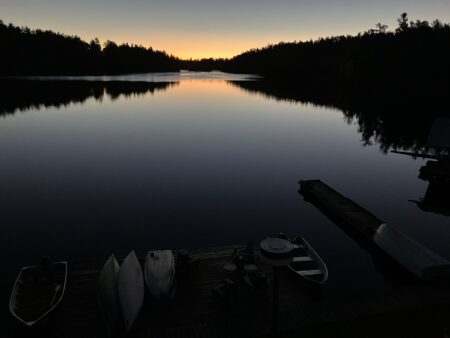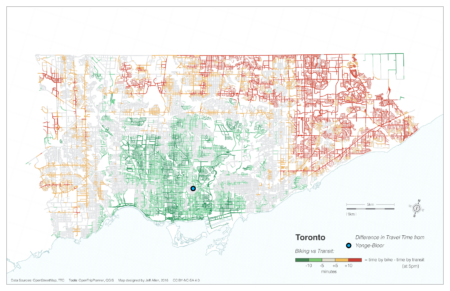By some measures, based on science, the scale of the energy revolution required is staggering.
If we had started in 2000, we could have hit the 1.5°C objective by halving emissions every thirty years. Now, we must halve emissions every ten years. If we wait another four years, the challenge will be to halve emissions every year. If we wait another eight years, our 1.5°C carbon budget will be exhausted.
The entrepreneur and engineer Saul Griffith argues that the carbon-emitting properties of our committed physical capital mean that we are locked in to use up the residual carbon budget, even if no one buys another car with an internal combustion engine, installs a new gas-fired hot-water heater or, at a larger scale, constructs a new coal power plant. That’s because, just as we expect a new car to run for a decade or more, we expect our machines to be used until they are fully depreciated. If the committed emissions of all the machines over their useful lives will largely exhaust the 1.5°C carbon budget, going forward we will need almost all new machines, like cars, to be zero carbon. Currently, electric car sales, despite being one of the hottest segments of the market, are as a percentage in single digits. This implies that, if we are to meet society’s objective, there will be scrappage and stranded assets.
…
To meet the 1.5°C target, more than 80 per cent of current fossil fuel reserves (including three-quarters of coal, half of gas, one-third of oil) would need to stay in the ground, stranding these assets. The equivalent for less than 2°C is about 60 per cent of fossil fuel assets staying in the ground (where they would no longer be assets).
When I mentioned the prospect of stranded assets in a speech in 2015, it was met with howls of outrage from the industry. That was in part because many had refused to perform the basic reconcilliation between the objectives society had agreed in Paris (keeping temperature increases below 2°C), the carbon budgets science estimated were necessary to achieve them and the consequences this had for fossil fuel extraction. They couldn’t, or wouldn’t, undertake the basic calculations that a teenager, Greta Thunberg, would easily master and powerfully project. Now recognition is growing, even in the oil and gas industry, that some fossil fuel assets will be stranded — although, as we shall see later in the chapter, pricing in financial markets remains wholly inconsistent with the transition.
Carney, Mark. Value(s): Building a Better World for All. Penguin Random House Canada, 2021. p. 273–4, 278



